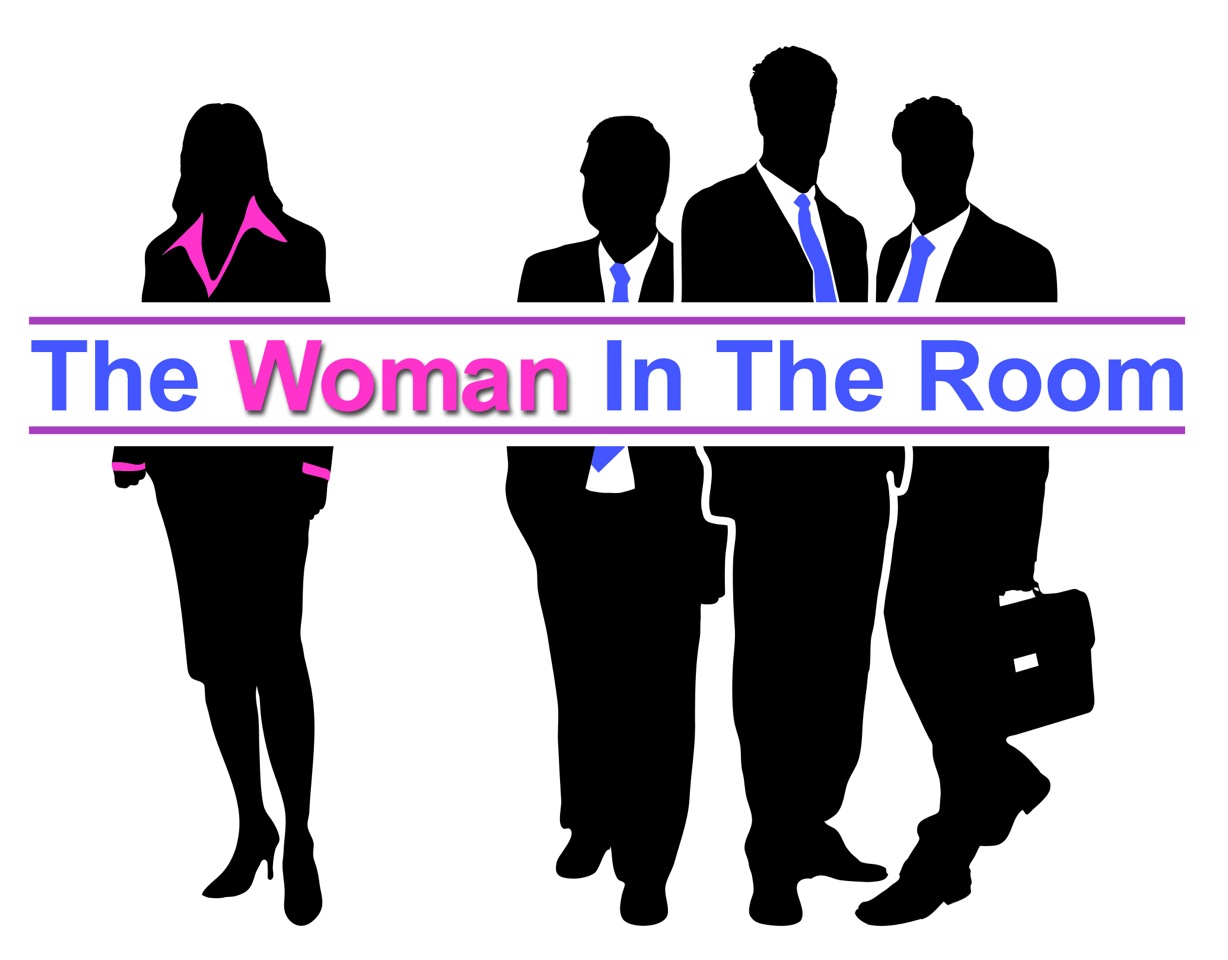
www.123rf.com 42307681
In the mid-1970’s I decided I wanted to be an engineer. I didn’t have any role models, except for maybe, sort of, Barbara Walters who I met when I was 15. I told her I wanted to be an aerospace engineer and she told me to go for it and not let the men stop me. She confirmed that it was up to me to make my dreams happen.
The idea that I needed a female role model – a female engineer to mentor me – never really occurred to me, partly because I don’t know where I would have found one. But mostly it was because I didn’t know what purpose a female role model served other than to set an example – If she can do it then, I can do it too.
I knew lots of boys who had role models or sports heroes – men they wanted to emulate or who inspired them. Most boys never met or worked with their role models. Their role models just set high performance bars and showed them what was possible. Each boy knew he had to find it within himself if he wanted to reach or exceed the bar set by his role model.
As a young woman going into a traditionally male career field, I identified with the male concept of inspirational role models. But I also I found male role models in my workplaces – men who set a high performance bar and inspired me to achieve more. I thought, “If he can do it then, I can do it too…and probably better.”
I made it through my career without any female role models. Looking back would they have helped?
Maybe, but probably not. The few women I met who were older than me, well let’s just say that some didn’t have good relationships with their male colleagues. Others took on secondary or support roles that were a little too traditional for my ambition.
Looking back, I realize that the type of female role model that would have been helpful would have been a woman who saw herself as an equal professional to her male colleagues but who also understood that men and women have different ways of thinking and doing things and knew how to leverage herself as a woman.
So yes, some professional womanly workplace wisdom would have been nice – that way I wouldn’t of had to figure it out on my own.
Today, our narratives cite the lack of female role models in the workplace as one of the reasons women aren’t advancing in their careers and in certain professions. They say women need female role models.
However, from my experience I have a problem with why they say women need role models.
According to too many articles, young women need other women they hold in high esteem to give them “a sense of personal acceptance, approval and validation.” Female role models “give young women permission to be in the workplace” and provide a “support system.”
Wow.
That sounds so 1970’s – as if we poor little women don’t have what it takes to make it.
I also suspect that these narratives are driven in part by our media-driven culture that promotes female role models not to help women but to boost the referent power of the female role model.
So, let’s be honest about the type of help and guidance women really need.
Women should have professional role models. They can be either male or female. These role models inspire women to think bigger, grow professionally and strive for more.
Women need professional mentors in their workplace. Again, they can be either male or female. Mentors teach women teamwork, leadership and the skills necessary for their industry. A mentor helps groom a woman for the next step(s) in her career.

Women should have female role models who broke through barriers and achieved something few other women have. Female role models inspire women to think bigger and try something they never considered themselves doing. They help women who were conditioned to be in a box break free of the box and explore who they are.
Women need female mentors to help them understand and assert the value of their feminine self in the (male-dominated) workplace. Female mentors help women realize that women are one half of the whole and the only way a workplace can achieve its highest potential is by women asserting themselves. Female mentors remind women, “Our workplaces need us.”
Women also need female mentors to help them navigate how to be a 21st century woman who wants a strong marriage, a family and a career. We are still in the very early stages of figuring out how women can have it all and do it all. And figuring that out will require a big female group effort.
While role models and mentors inspire and guide us, we have to remember that it still always comes down to us. We still need to have the drive, self-confidence and sense-of-self to grow, overcome challenges, achieve our potential and have the life we desire.
Only we can make our dreams and aspirations a reality.
Empowered Women Use the Wisdom of Others and Share Their Wisdom
Sign up to receive more helpful articles
Checkout my book to understand the Unique Value of Women in the Workplace
Follow The Woman In The Room on Facebook

